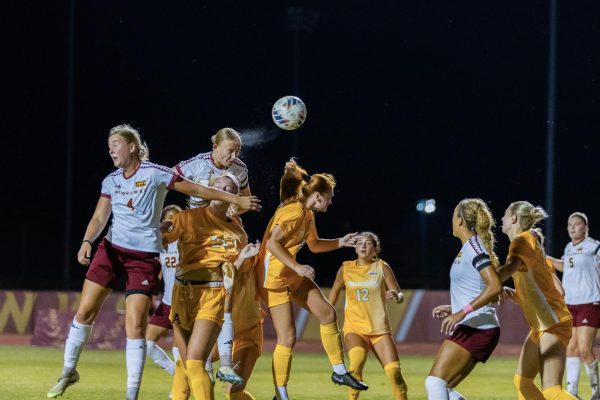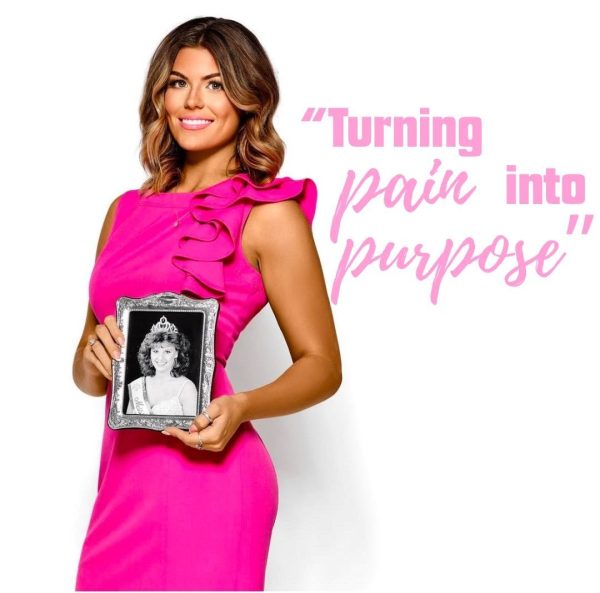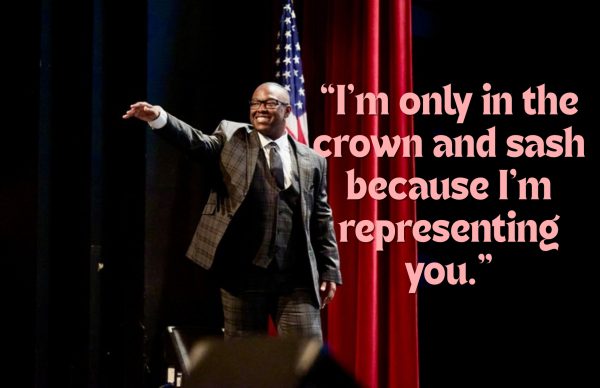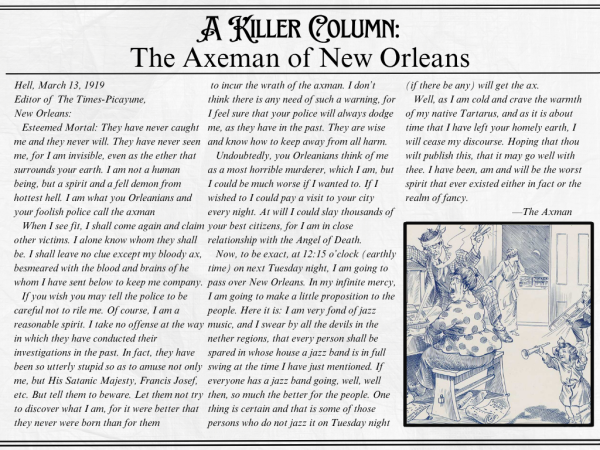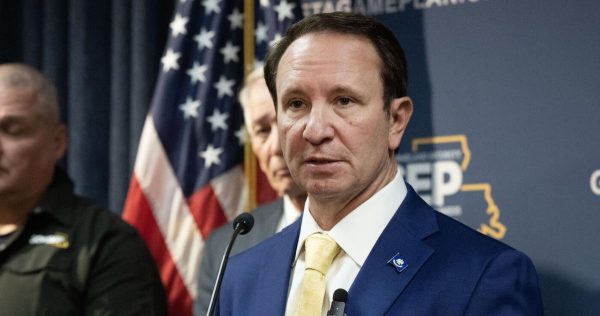Young voter turnout rises
Getting information about elections has not always been as easy as it is in 2018.
Hannah Meredith, an English instructor, can vividly remember being a child without access to a computer, let alone the internet. She can remember her parents going to a local school to vote. They would stand outside talking to other voters for hours before actually casting one of their own.
“The information pool was small, community based,” said Meredith, “People voted, because they knew somebody who knew somebody. Or they consistently voted for a particular party without even recognizing the names on the ballot.”
This was how political discussions worked before the rise of social media.
Historically, young people are not likely to vote during midterm elections, but this year youth turnout was significantly higher thanks to social media.
According to the Center for Information and Research on Civic Learning and Engagement (CIRCLE), 31 percent of people aged 18 to 29 voted in the 2018 midterm elections. To put that into perspective, data from the Current Population Survey shows only 20 percent of people aged 18 to 29 voted in the 2014 midterm elections. In just four years young voter turnout rose 11 percent. Social media played a huge role in getting young people to the polls.
The company that owns Snapchat, Snap, revealed to the New York Times that it had gotten 400 thousand users to register to vote. Snap placed a button on the profiles of users 18 and older that led to a nonpartisan voter registration website, TurboVote.org, when pressed. Other social media platforms sent videos and created filters that encouraged their users to vote.
When Meredith was in college, she stopped voting, because she did not know enough about politics. Young people today could simply login to one of their many social media accounts and learn about the election in an instant.
No matter the reason behind young voter turnout this midterm election, one thing is certain: young people want their voices to be heard.
Trey Skains, a senior toxicology major, said, “Voting is important to me, because it’s the only way for our government to hear from us in a way that matters. You can post a Facebook status or partake in a march or protest, but none of that will matter if you do not vote.”
“With the current political system in place, it does mean that my vote has the chance to not matter at all, but at least they will know what we want, so that’s something,” said Erica Garcia, a senior art major.
And their voices had a profound affect. According to CIRCLE, sixty-seven percent of young people voted for a Democratic candidate helping Democrats gain control of the House of Representatives.


